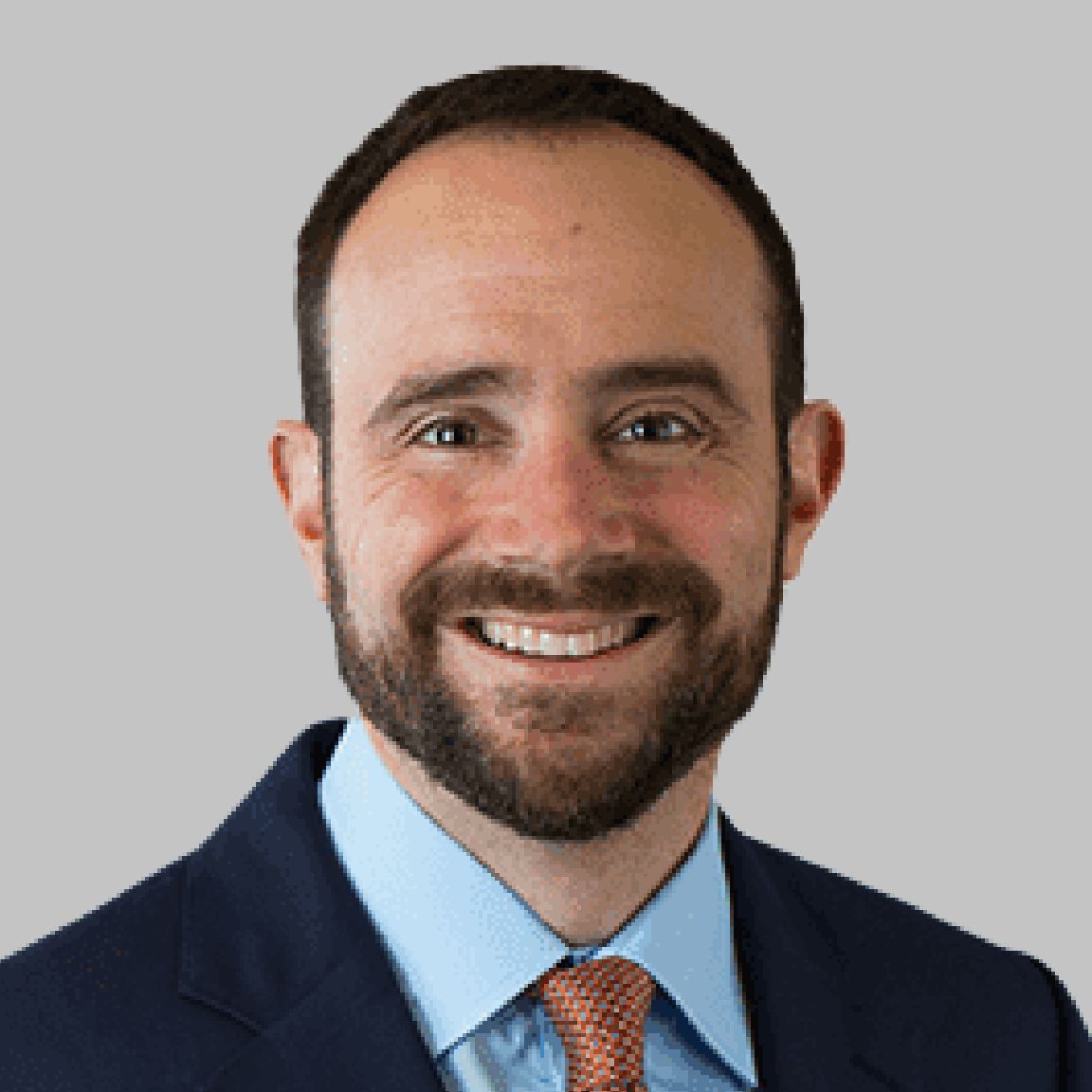Over the course of my career as an economist, I’ve revised my forecasts dozens of times. It’s the nature of the job. We’ve done that again recently, upgrading our forecast for US GDP in 2023 to almost 1.5%—quite a bit higher than where we started the year. This time though, the reason is (I think) a lot more fun than the normal things that might cause us to move a forecast. We’re moving it because of Taylor Swift and Beyoncé and the Barbie movie.
Now, is it an oversimplification to say that the upgrade to GDP growth is just down to Taylor Swift and Beyoncé? It is, to a degree, no matter how popular they are—and they are very popular indeed. Their tours wouldn’t do as well as they have done, they wouldn’t be the big events that they have been, if consumers weren’t in a position to buy tickets, to travel and to attend the tours. That’s the good news.
And while it is good news, we think that the road ahead is going to be a little bit rockier. We think that households have spent most of their excess savings at this point, and while the labor market is still strong, there are some early signs that the pace at which it is strengthening is starting to slow, and we expect that to continue.
We think for now that the Fed agrees with our economic assessment that they’re unlikely to respond to the acceleration in the third quarter by upgrading their own forecasts or by raising interest rates. We think that they are just about at the end of their cycle and are more likely to leave interest rates unchanged for a long period of time, in order to bring inflation back down gradually, rather than to raise them further.
Other economies around the world haven’t benefited from the same sort of consumer surge that we saw in the US in the third quarter. Europe, in particular, looks to be sliding into a more negative economic situation, and China, which has been a primary concern of financial market participants, seems locked in a long-term secular slowdown with no particular end in sight.
While we don’t think that there is a large direct linkage between the Chinese economy and the US economy, or between the Chinese financial system and the global financial system, a more disorderly slowdown in China than we currently expect would without question be disruptive; it would disrupt economic sentiment and could have significant impacts on financial markets. So it’s a topic we’re watching very, very closely.
While we share the belief and the concern among many investors that the growth outlook globally is deteriorating and that it is deteriorating faster outside the US than inside the US, we continue to believe that a soft landing or a mild recession is the most likely outcome in most major economies, including Europe, and in China.
And of course, as with any forecast, we can’t rule out the possibility that we’ll have to change it again. After all, Taylor Swift’s tour is going to Europe and Asia later this year and into 2024.




